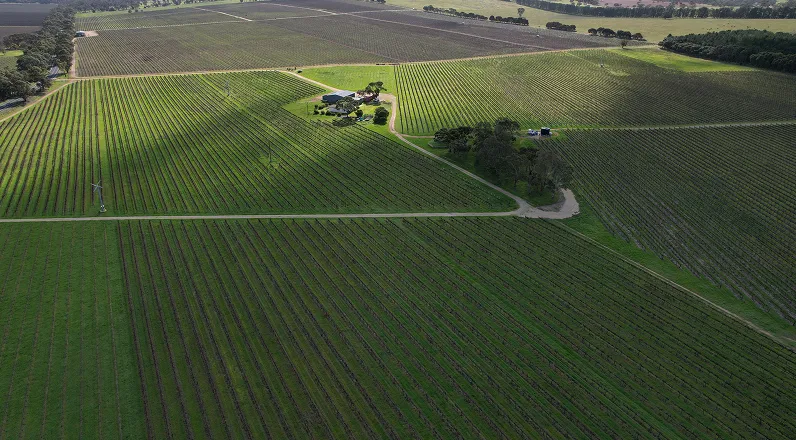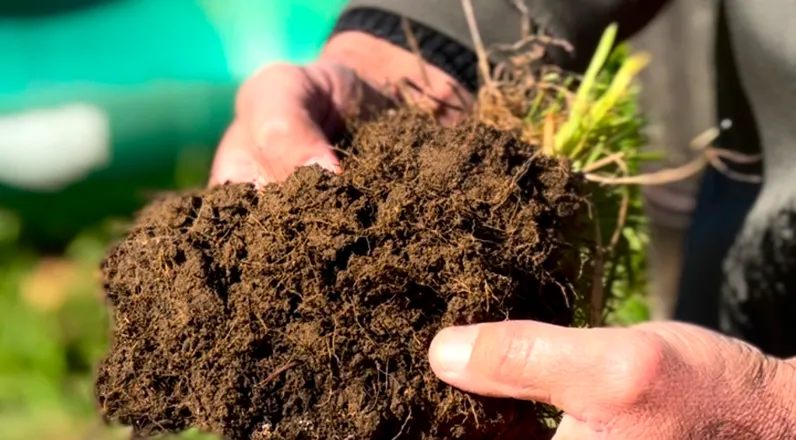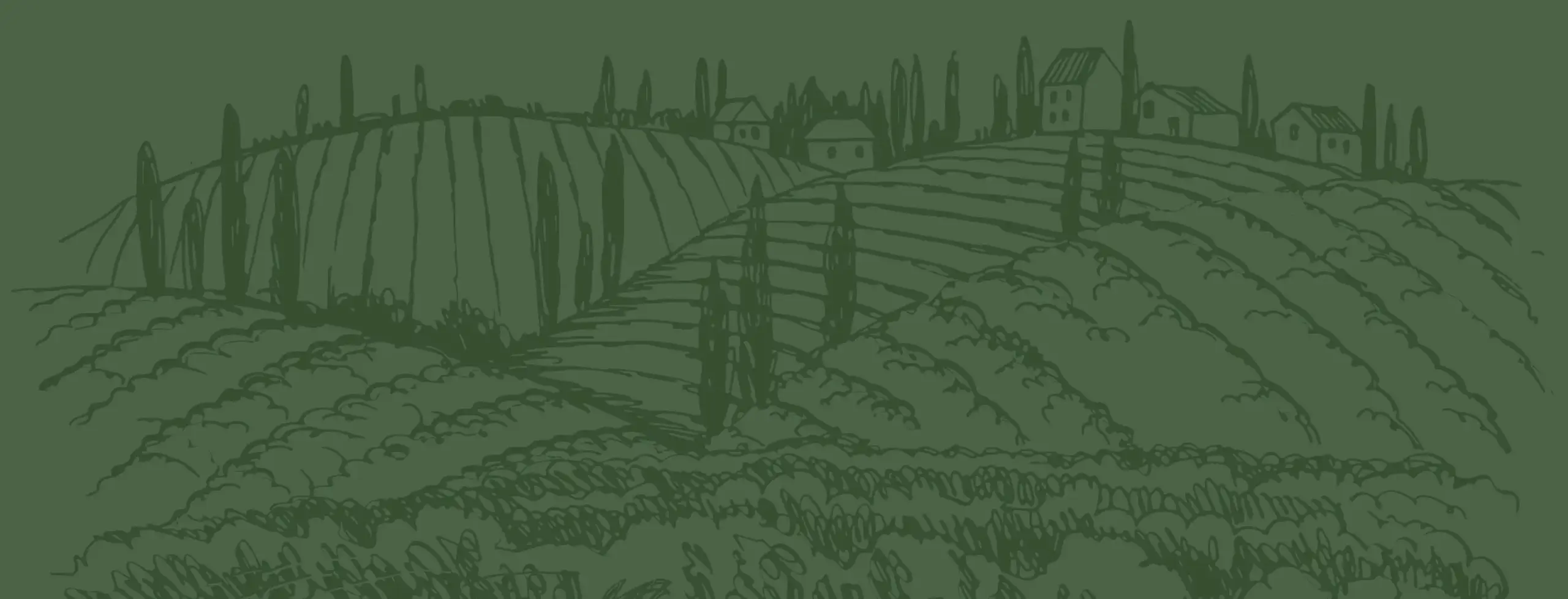One Block Challenge™
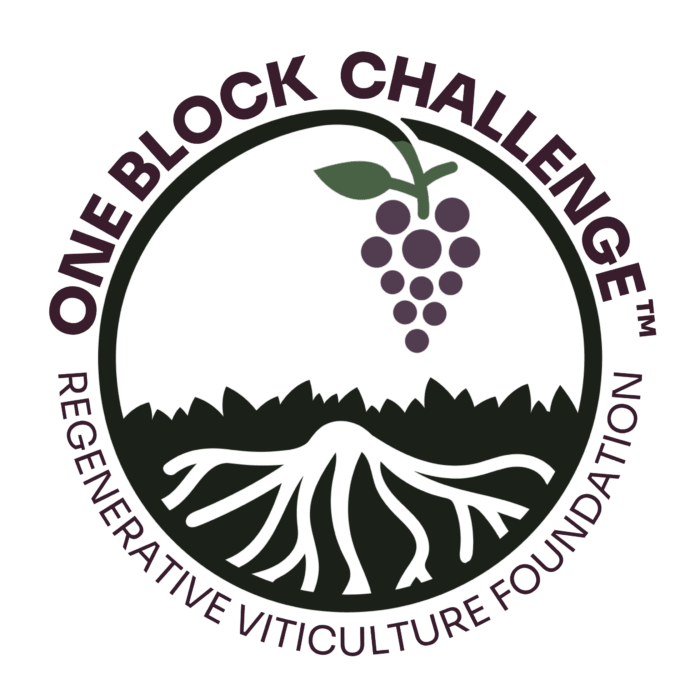
The One Block Challenge™ (1BC) gives winegrowers a practical way to explore regenerative methods on a manageable scale and within a supportive community.
How It Works
Each participant dedicates a block of vines, applies a core set of practices, and carries out simple soil and biodiversity tests. By working in cohorts, participants share observations, compare results, and build collective experience that is often difficult to access through certification programs or isolated experimentation.
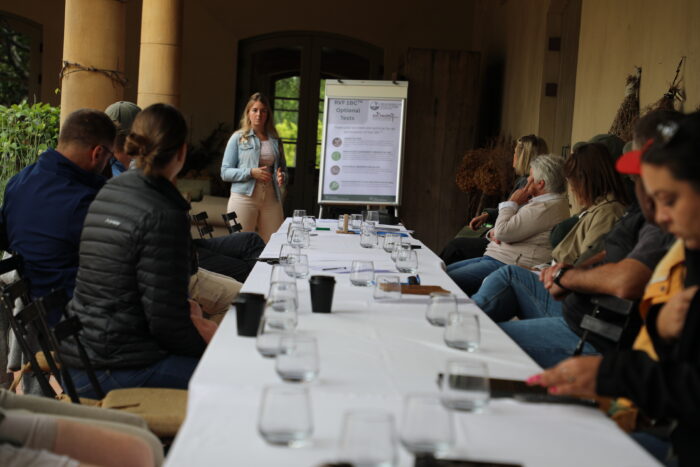
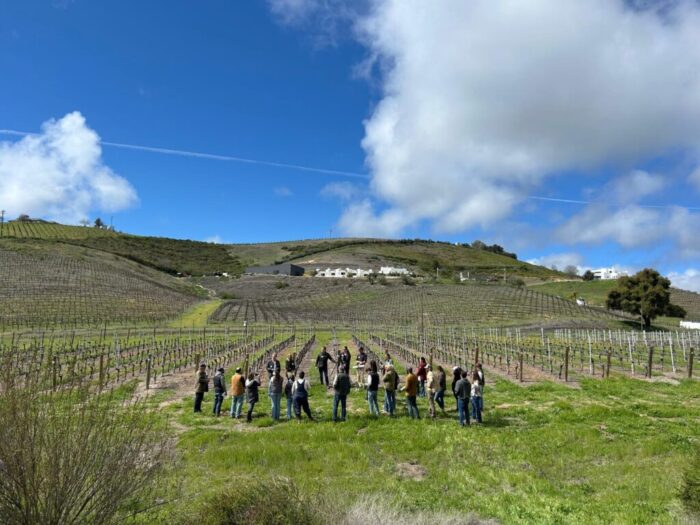
How It Started
The first One Block Challenge™ launched in Paso Robles, California, in January 2025. Forty-six growers, from small vineyards to larger wineries, committed trial blocks to test regenerative practices together.
At its core, the One Block Challenge™ is rooted in inclusivity, welcoming farmers and landowners of all backgrounds and philosophies. That spirit of openness is the only real path to change.
Jordan Lonborg, Regenerative Viticulture Consultant and former viticulturist at Tablas Creek
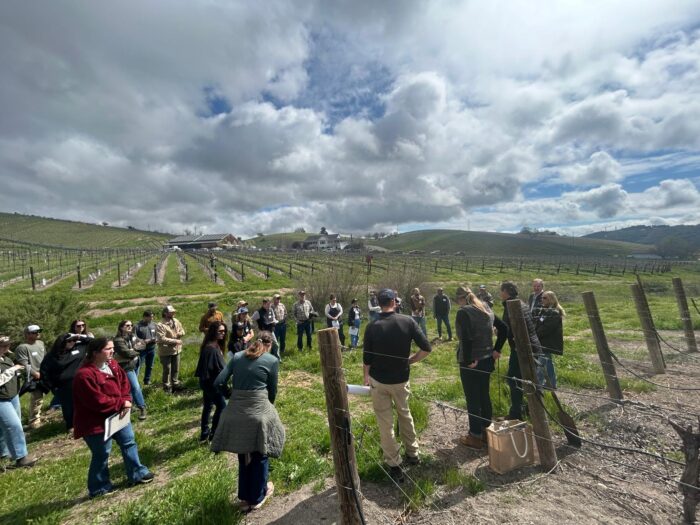
Why Join?
The One Block Challenge™ offers:
- A supported entry point into regenerative farming, without needing to overhaul your entire operation.
- A peer network in your region. Cohorts are informal, practical, and collaborative, making learning and troubleshooting easier.
- A grower-led framework independent of certification schemes. Experiment, learn, and adapt at your own pace.
- Global connection through the RVF, which links cohorts, shares resources, and facilitates knowledge exchange between regions.
A win from Paso: growers pooled cover crop seed orders, cutting transport costs and lowering seed prices—proof that community makes change easier!
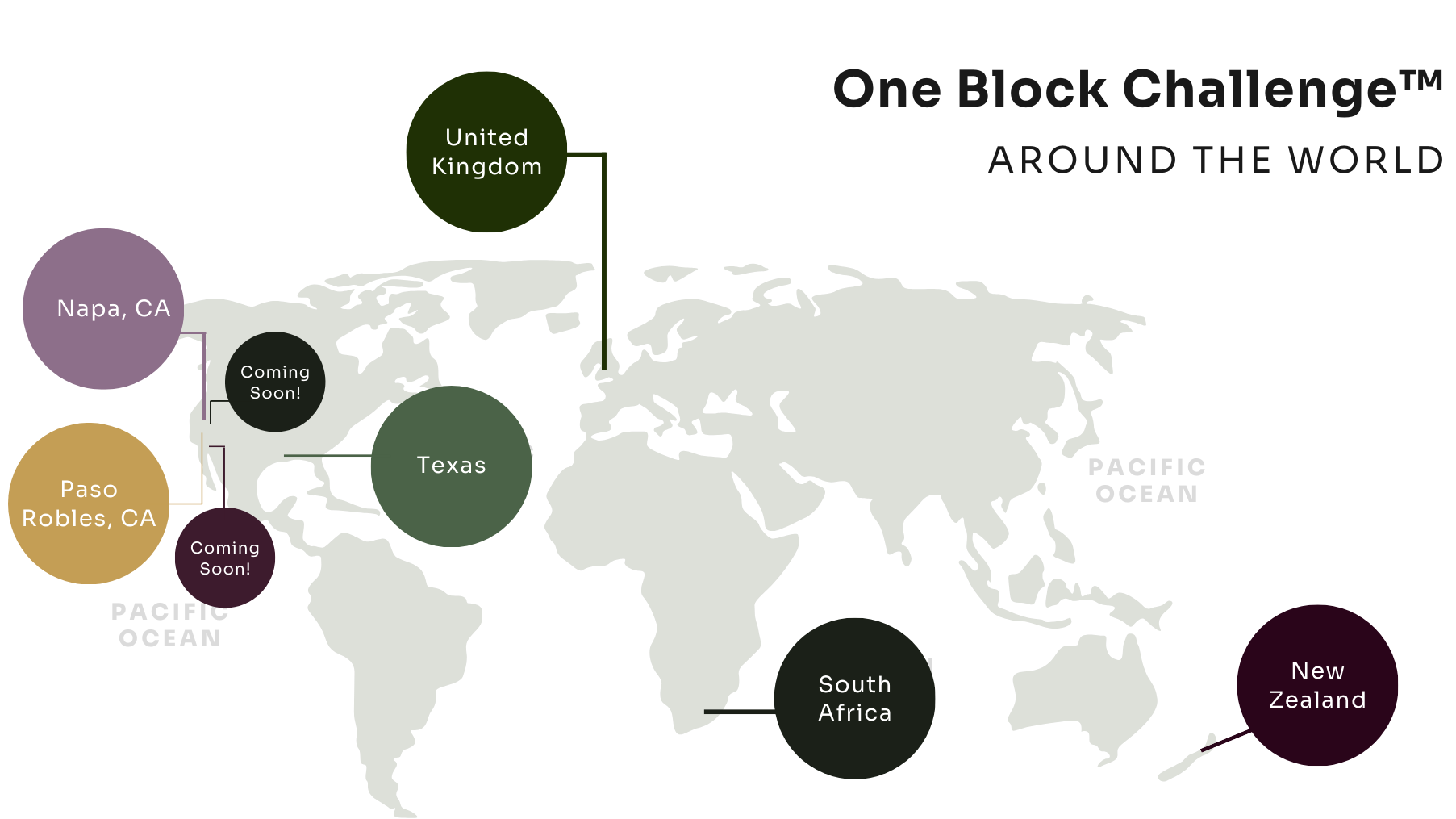
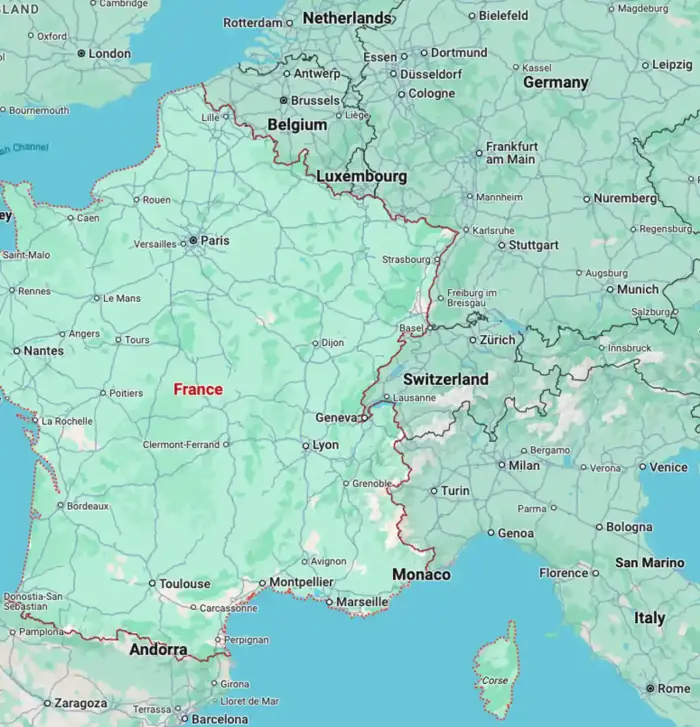
Could Your Region Be Next?
Interest in the One Block Challenge™ is growing by the minute. To make sure each new region receives proper support, we are rolling out gradually.
To host a 1BC in your region, we look for:
– A group of engaged growers (even 10–15 is enough)
– Local support from suppliers, nurseries, or wine organizations
– Ideally, experienced regenerative practitioners who can help guide the group
Fill out the form below to express interest and we will try and connect with you as soon as possible.
Detailed Guide & Timeline:
Tip: click on the steps to expand!
Step 1: Launch
First, the RVF and local partners announce the new cohort. Interested growers are invited to take part.
Step 2: Online Info Session
After the launch, the organizers host a virtual info session where participants learn what the challenge involves, what practices are required, and how results are tracked. Core expectations are made clear before anyone signs up.
Step 3: First Field Day
The official start of the challenge in that region. Participants:
• see demonstrations of core regenerative practices and soil health tests,
• meet local practitioners and experienced growers,
• connect with others who are committing a block.
Step 4: Online Info Session
Choose your test block (and a control block if possible) on which you’ll implement the core practices. A “block” can be as small as a single row or as large as a full parcel. The important thing is that it’s clearly defined and can be managed separately from the rest of the vineyard. Many participants select a lower-performing area for their first trial, which helps minimize risk and makes changes easier to observe over time. If you can, selecting a nearby control block with similar conditions allows for clearer comparisons at the end of the season.
Core practices (required)
- Minimize or eliminate synthetic agrochemicals under‑vine
- Minimal or no‑till interrow (except for cover crop establishment)
- Plant a diverse cover crop
Encouraged additional practices (optional)
- Include compost and organic soil amendments
- Reduce synthetic pesticide use on the canopy
- Plant a hedgerow adjacent to the block
- Install songbird, raptor, owl, or bat boxes
- Integrate animals (sheep, cattle)
Step 5: Baseline Measurements
Before you begin, carry out basic soil and biodiversity assessments. These are free or low‑cost and easy to repeat:
- Penetrometer or soil compaction
- Water infiltration
- Earthworm counts
- Visual biodiversity checks
You can add lab tests if you wish, but field‑based indicators are often the most practical way to track early change.
Step 6: Data Reporting Form
Once your block and practices are set and baseline data collected, enter your information in the Data Reporting Form. This adds you to the 1BC participant database.
Step 7: Ongoing Field Days and Connection
Every 2–3 months, cohorts meet at a 1BC vineyard to ask questions, compare approaches, and share what’s working (or not). Cohorts also stay in touch via RVF messaging groups, with experienced practitioners available for quick guidance.
Step 8: Harvest Data Collection
Participants update the Data Reporting Form with harvest data. This includes your yield, Brix, pH, titratable acidity (TA), and estimated percentages of pests and disease.
Step 9: End‑of‑year Field Day and Data Collection
Repeat soil and biodiversity tests. Cohorts meet to share results, discuss lessons, and decide how to adapt or continue the trial into the next season.


